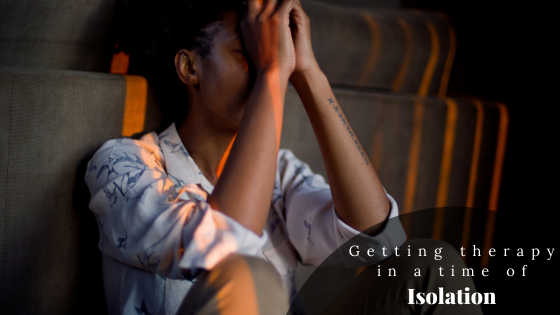Our current climate has forced everyone around the world to practice social distancing. We are all adjusting and adapting to the “new normal”. As a result, new classifications of what is deemed essential vs nonessential are starting to emerge within every industry. One area that should not only stay active but deserves to have extra attention right now is peoples’ mental state during self-isolation.
Healthy treatment plans for recovery are successful when they follow a combination of tools. Much like the way diet and exercise programs unite, long-term mental health success relies on both the proper medications taken consistently and patients taking an active role in talk therapy, whether it be in a group or individual format.
One of the major downsides to the stay-at-home order is complete and total isolation, not only affecting people’s social lives but also the course of some peoples’ existing treatment plans. Thankfully, with the advent of today’s technology, 90% of adults in America now have access to the internet at varying degrees of speed and efficiency. With this, comes the advantage of being able to essentially travel back in time to when doctors made house calls. While this may not be true for medical doctors, psychologists, counselors, and psychiatrists are still able to keep up with their patients on a regular basis.
The major obstacle that prevents signing into an online therapy session is often the patient’s own depression. The first thing to remember is depression lies. It will tell you everything it can to keep you feeling low. Opposite action is a tool that many therapists recommend – it is doing the opposite of whatever your depression is telling you to do. If your depression says not to go outside for a walk, make yourself go outside and smell the fresh air. Likewise, if you feel too sad or depressed to log onto your computer to have an online therapy appointment, force yourself to do the opposite action.
You will soon find that these appointments will quickly start to feel almost the same as the in-person kind. You and your therapist can still speak to one another the way you always have, with the one exception being that you might need to search for some privacy within your house. If a med check is required, the same questions your therapist normally asks you will still be the same. Some patients report a whole new level of comfort by doing therapy from the comfort of their own homes.


